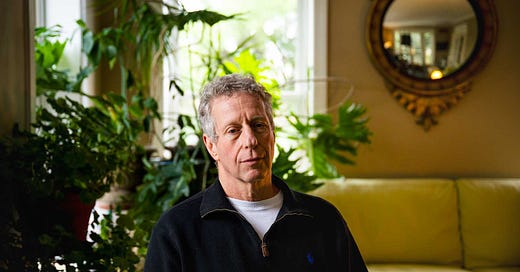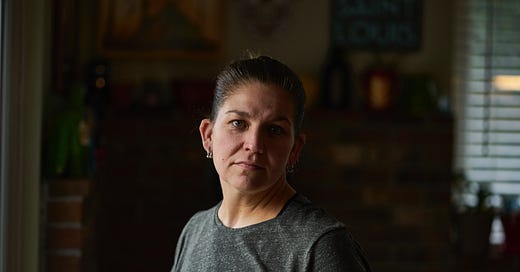NYU Professor Tells Students of Hamas Atrocities: ‘We Know It’s Not True’

Pro-Palestinian New York University students hold a rally in Washington Square Park in November. (Photo by Andrew Lichtenstein/Corbis via Getty Images)
Plus: U.S. troops know we’re already at war with Iran. And a deeper dive on high school library censorship.
359
Today from The Free Press: U.S. troops know Iran is already at war with us, an update on school library censorship, and an interview with the director of Yad Vashem.
But first, our lead story: another scoop from our very own Francesca Block.
Meet Amin Husain. Amin is an adjunct professor at NYU, where he has taught a course on “art and activism.” He als…
Enjoying the story?
Enter your email to read this article and receive our daily newsletter.
Already have an account?
Sign In














